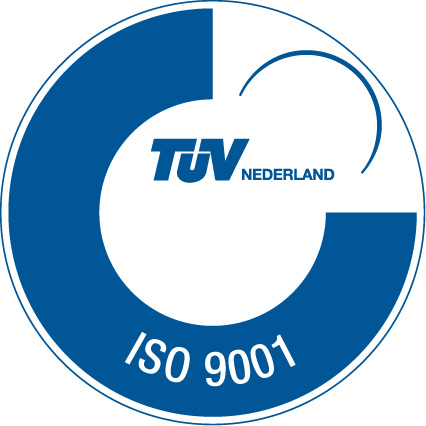What is a Certificate of Conformity (CoC)?
A Certificate of Conformity (CoC) is a document that the manufacturer provides with each new vehicle and is tied to the chassis number, so the document is always unique. This document makes reference to the European Type Approval numbers. The manufacturer uses this to indicate the extension in accordance with which the vehicle was manufactured. This document is necessary to register the vehicle.

The Original Equipment Manufacturer (OEM) is the manufacturer who makes the vehicle, such as Volkswagen or Mercedes, and provides the first CoC. This is also called the ‘first phase’ CoC.
If the second phase manufacturer has an agreement with the first phase manufacturer, in conformity with 2007/46, and has an ECWVTA number, the former can draw up a second phase CoC. This is also a unique document, just like the first phase CoC. The second phase CoC is always a supplement to the first phase CoC, so they both continue to apply and both are required for acceptance in a European member state. The second phase CoC is valid throughout Europe and can be used to register a modified vehicle, but there are some member states that impose additional requirements on a vehicle.
Some vehicles may even have third and fourth phase CoC documents, if additional conversions are carried out after the B-Style conversion, such as the installation of a hydraulic door for example.









































